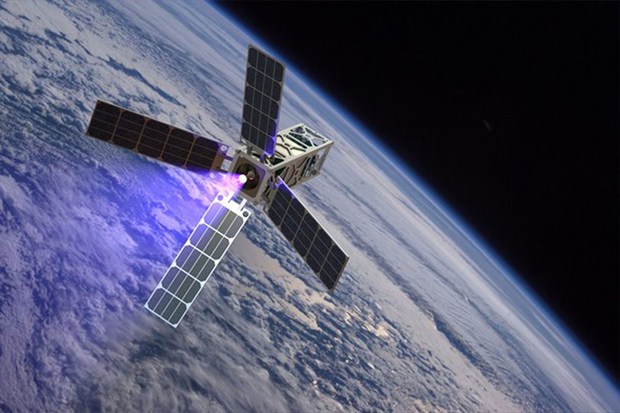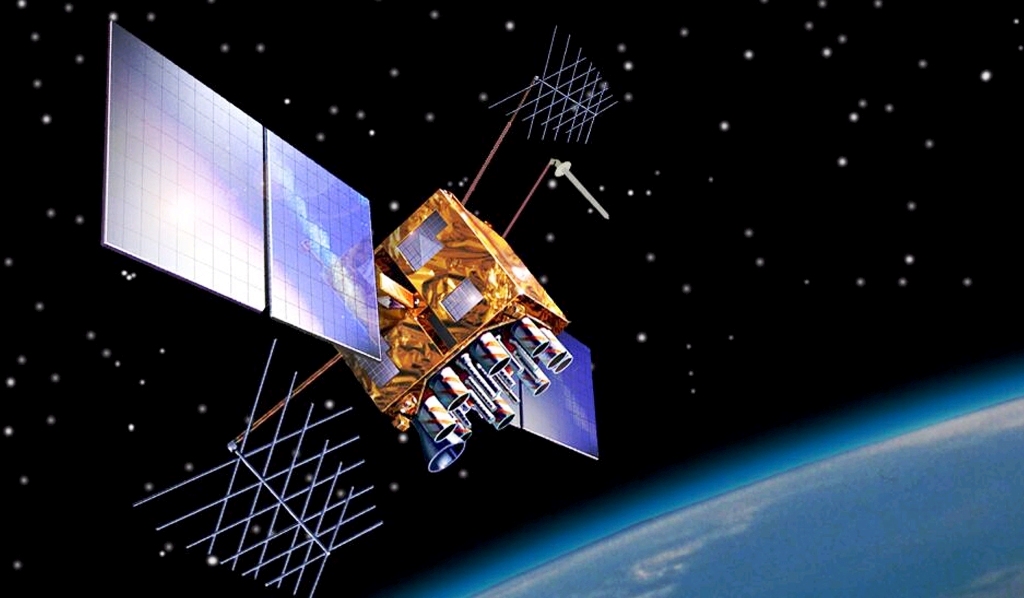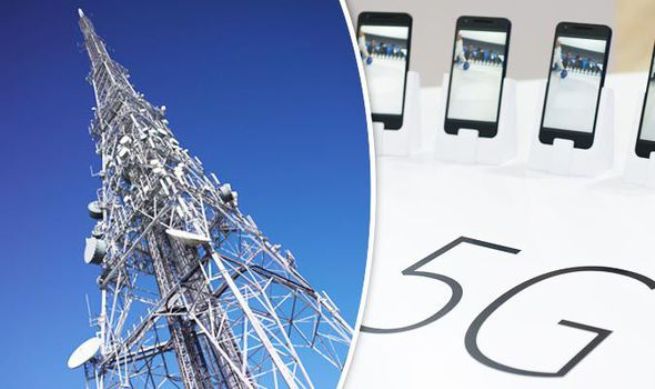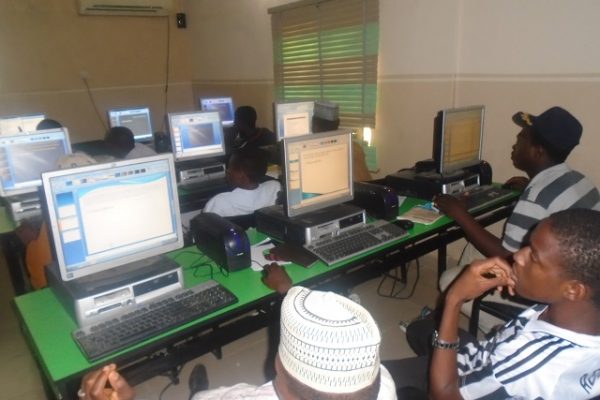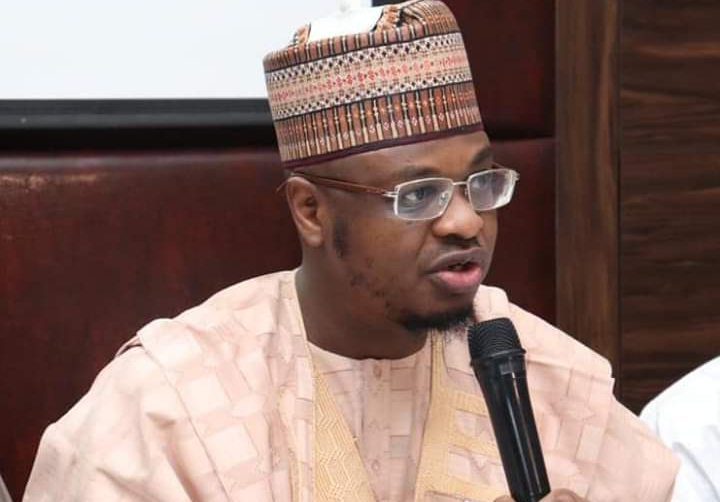The federal government of Nigeria has approved the migration of C-Band services on NigComSat-1R Satellite with a seven and a half (7.5) years life span to accelerate the deployment of 5G systems in the country.
TheNewsGuru.com (TNG) reports Dr Femi Adeluyi, Technical Assistant (Research & Development) to Professor Isa Ali Pantami, the Minister of Communications and Digital Economy made this known in a statement on Thursday.
According to Dr Adeluyi, the approval to migrate C-Band services on NigComSat-1R Satellite, which currently operates C-Band services on the 3.4 – 3.9GHz spectrum range, with which the country hopes to deploy 5G services, was given at the Federal Executive Council meeting of 29th May 2022.
Recall that the Nigerian Communications Commission (NCC) had requested that a part of the C-Band spectrum within the country’s telecommunications industry be cleared of any encumbrances and current users on the affected spectrum be migrated, towards the successful roll-out/deployment of 5G technology in the country.
Following the presentation of three (3) memos by the Minister of Communications and Digital Economy at the FEC meeting, the request was granted. According to the statement by Adeluyi, the FEC also approved an Enterprise Licensing Agreement for Microsoft Products.
The statement reads: “The Federal Executive Council approved an Enterprise Licensing Agreement for Microsoft Products and the clearing up of C-band Spectrum, in order to accelerate the deployment of 5G services in the country.
“These took place during the meeting of the Council on the 29th of May, 2022. This followed the presentation of 3 memos by the Honourable Minister of Communications and Digital Economy, Professor Isa Ali Ibrahim (Pantami).
“The Government-wide Enterprise Licensing Agreement for Microsoft products is a software acquisition cost-reduction strategy for government and it will be implemented by the National Information Technology Development Agency (NITDA), under the supervision of the Federal Ministry of Communications and Digital Economy (FMC&DE).
“This agreement is part of the Federal Government’s efforts towards keeping the cost of IT projects within sustainable levels.
“The Agreement will give the government access to discounted prices and other cost benefits, as well as reduce project duplication across Federal Public Institutions (FPIs). It will also guarantee proper technical support for Microsoft products and services, thereby ensuring protection against cybersecurity threats, which will guarantee availability and reliability of government IT services.
“The Enterprise Licensing Agreement will provide a projected savings of a minimum of 35% of Governments current investment in Microsoft Products and Services. This will not only substantially reduce the cost of license procurement for FPIs, it will reduce and simplify licensing complexity, facilitate accounting and cash flow predictability and monitor utilisation and impact of Government investment. The Council directed all FPIs to key into the Agreement in the procurement of Microsoft licenses and services.
“Council also approved the request of the Nigerian Communications Commission (NCC) to clear part of the C-band spectrum within the country’s telecommunications industry of any encumbrances and migrate the current users on affected spectrum, towards the successful roll-out/deployment of 5G technology in Nigeria.
“Furthermore, with seven and a half (7.5) years before the end of the lifetime of NigComSat-1R Satellite, operated by Nigerian Communication Satellite Limited (NIGCOMSAT), which currently operates C-Band services on the 3.4 – 3.9GHz spectrum range, NCC and NIGCOMSAT have come to an agreement to relocate/migrate the operations of NigComSat-1R C Band service to another frequency (Standard C Band) and release its current frequency for immediate deployment of 5G in the country.
“The approved memos will accelerate the implementation of the National Digital Economy Policy and Strategy (NDEPS), especially the pillars on solid infrastructure (broadband) and service infrastructure (platforms). The Ministry will continue to promote initiatives that will transform Nigeria into a country with a sustainable and thriving digital economy”.
TNG reports Nigeria launched NigComSat-1R in 2011 to replace NigComSat-1, which failed in orbit. The satellite was launched with a life span of 15 years, and it is expected to expire in 2026. However, NIGCOMSAT had said it would launch two new satellites, NigComSat-2 and NigComSat-3 in 2023 and 2025 respectively to replace NigComSat-1R.
Recall that after 11 rounds of bidding that lasted eight hours in December 2021, Mafab Communications Ltd and MTN Nigeria Plc dislodged Airtel Networks Ltd to emerge as the two successful winners of the 3.5GHz spectrum auction for the deployment of 5G technology to support the delivery of ubiquitous broadband services in the country.
ALSO READ || NCC confirms MTN, Mafab have paid for 5G licences
Nigeria, barring any last minutes changes, is expected to commence the rollout of the 5G technology services by August, the Executive Vice Chairman of the NCC, Prof Umar Danbatta has said.

